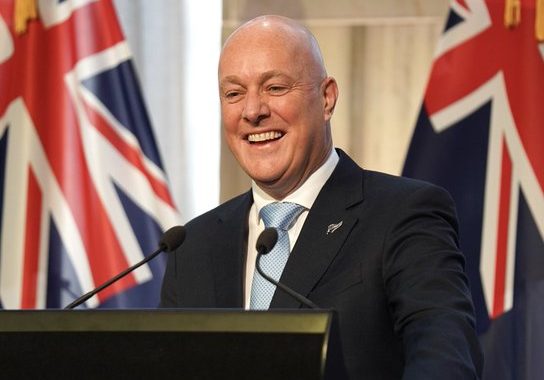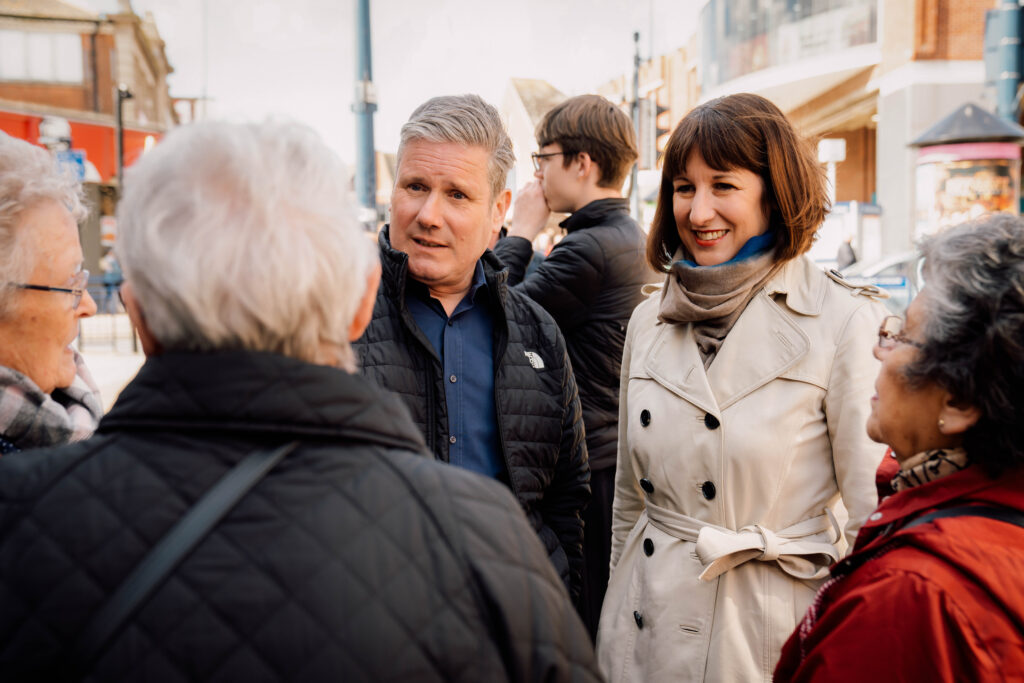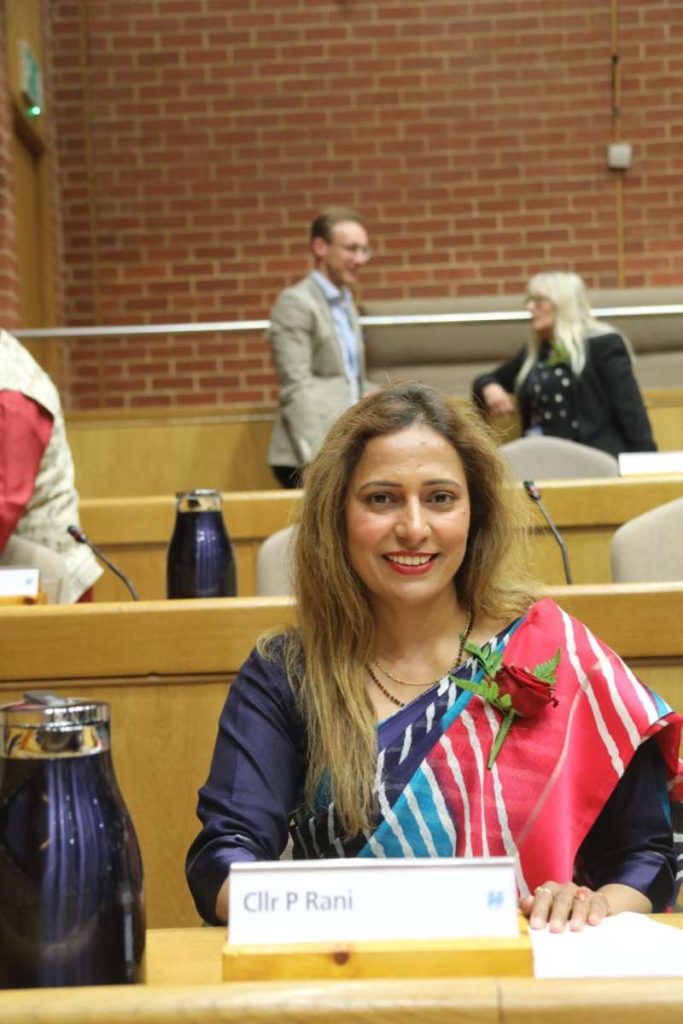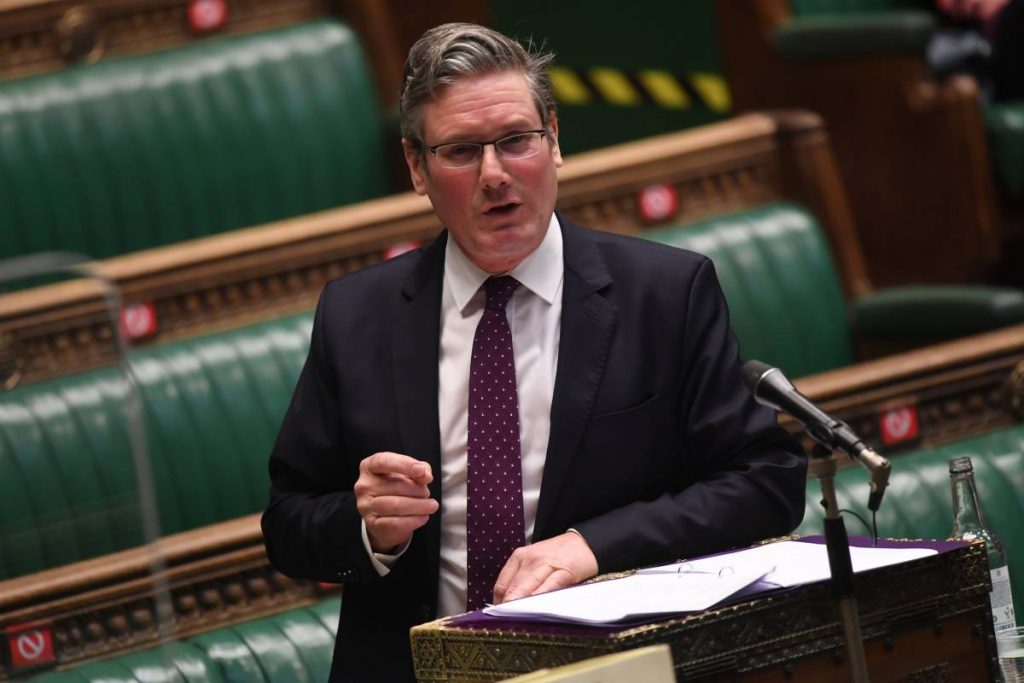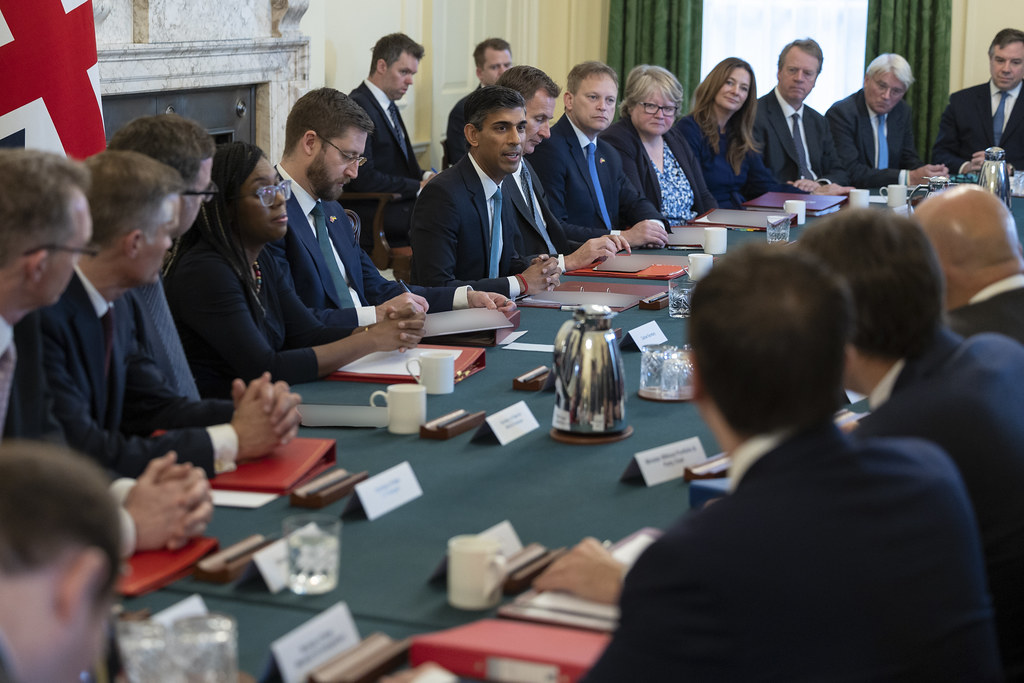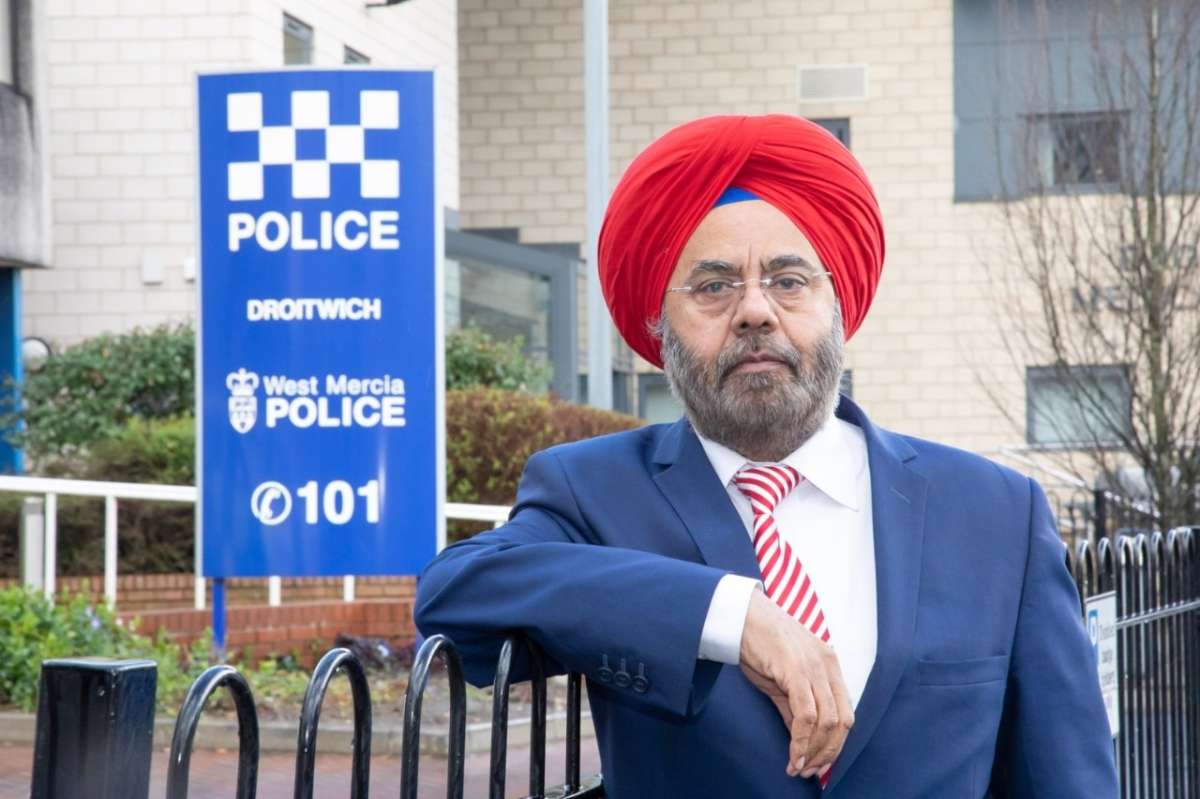Nearly two-thirds of British Indians supported Labour for years
From organising trips to India to hiring community volunteers, the UK’s main opposition Labour Party has announced a series of measures to win back the support of the British Indian community, which has been on the wane in recent years.
Nearly two-thirds of British Indians, who form the second-largest immigrant group in the UK, and the largest minority-ethnic group, supported Labour for years, The Guardian reported.
But the numbers fell sharply with a UK-based think-tank showing that in 2019 only 30 per cent voted for the Keir Starmer-led party, in stark contrast to 61 per cent in 2010.
“We’ve taken Indian voters for granted for years, but it’s becoming increasingly obvious they are going elsewhere and we need to do something about that,” a party official told the paper.
To re-engage with the community, the party has rolled out new initiatives, which include hiring community outreach volunteers, revamping the Labour Friends of India group, and organising a trip to India for two of its senior shadow ministers.
“As a canvassing umbrella initiative focused on event organisation and social media dissemination, we’re looking to serve the widest group of stakeholders to ensure a Labour victory,” Krish Raval, the group’s chair, told The Guardian.
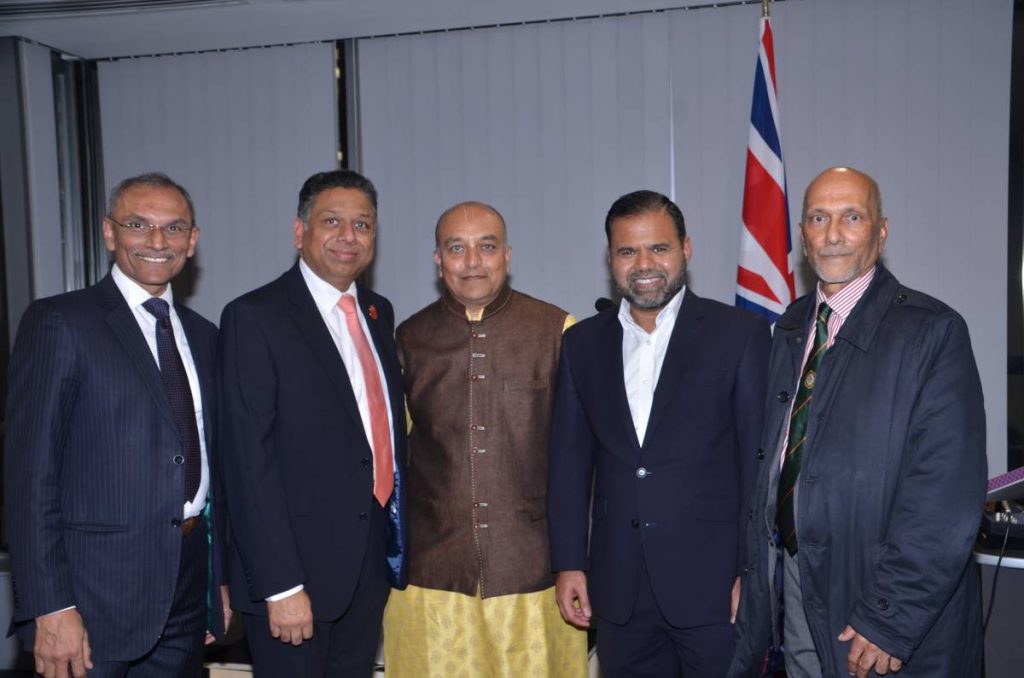
The group has hired two volunteers to brief Labour parliamentary candidates on issues of importance to India, and on Sunday, shadow ministers David Lammy and Jonathan Reynolds will travel to Delhi and Mumbai on a five-day trip.
In November last year, Sir Keir Starmer joined top members of the British Indian community, including Indian High Commissioner Vikram Doraiswami, to celebrate Diwali where he expressed his gratitude to the Hindu, Sikh, and Jain communities in the UK.
In June 2023, he emphasised the importance of “modern India” and said that “a strategic partnership with India will be key” to a future Labour government.
Citing experts, The Guardian said that a shift in the British Indian stance has come about partly for socioeconomic reasons and partly for religious ones.
As they have become richer in recent years, survey data shows their attitudes have become more conservative.
In addition, the party had an uncomfortable relationship with India after the party, under Jeremy Corbyn’s leadership, unanimously passed a motion on Kashmir at the 2019 Labour conference.
In 2019, BJP activists actively campaigned for the Conservatives in more than 40 seats across the UK, and now with Rishi Sunak as Britain’s first Hindu Prime Minister, the sailing is likely to be rough for the opposition.
ALSO READ: ‘Labour Is Now The Party Of Business’



